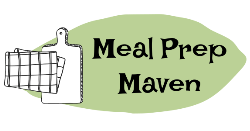Cookbooks are a great resource for home cooks. They can provide inspiration and help you learn new techniques. But with so many cookbooks on the market, it can be hard to choose the right one for you. This guide will help you select the perfect cookbook for your needs.
So which cookbooks should you buy? That depends on a number of things:
Do you need simple, fast recipes?
Is your kitchen small?
Do you love elaborate unique meals?
Do you or your family have dietary restrictions?
There's so much to consider! Unless you are a collector, you probably want to zero in on books that you will use regularly. Here are some tips on choosing the right cookbooks for you.
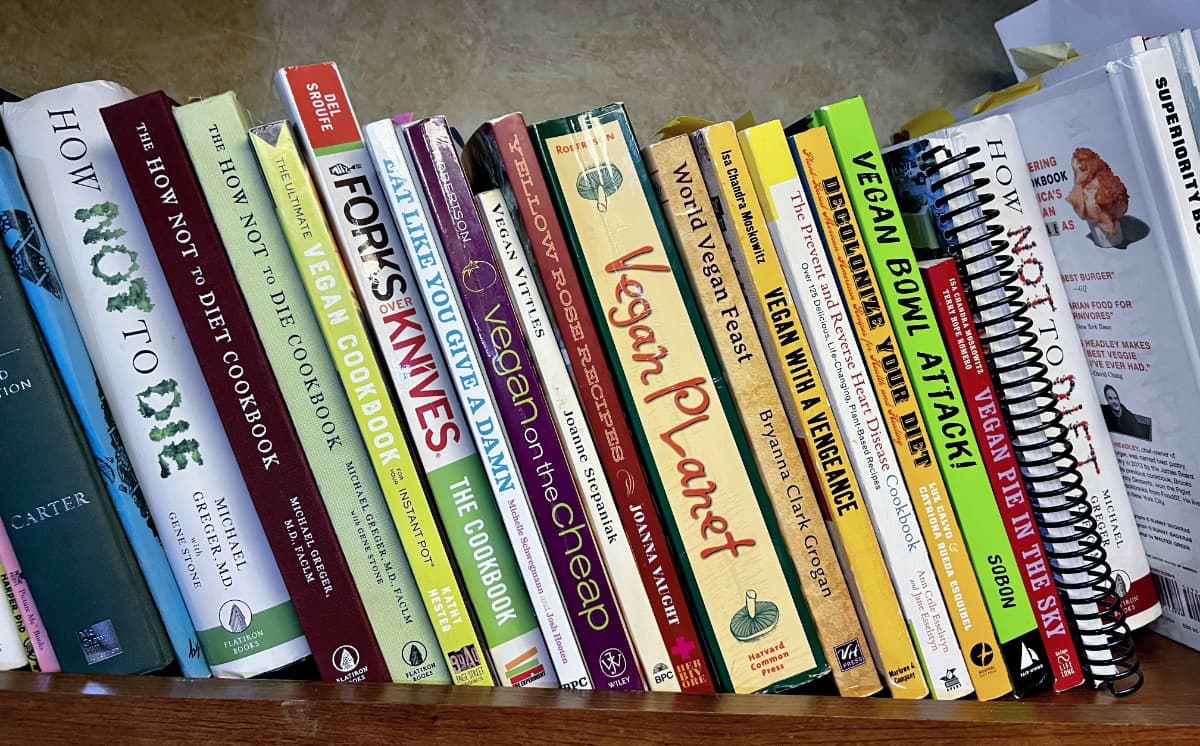
What type of cook are you?
First, let's figure out what type of cook you are. If you have no time, recipes that take hours are not for you. If you have allergies or other special dietary needs, you don't want recipes that heavily rely on ingredients you can't eat, right?
Fast food without the golden arches
If cooking isn't your favorite thing, you're short on time, or you are a novice cook, you don't want cookbooks full of complicated recipes. Look for cookbooks with "quick and easy" or "30 minutes or less" in the title or description. The recipes will rely on some prepared store bought ingredients but will come together fast and with minimal fuss.
I've got a little time
If you don't mind spending a little time on meals or are good at planning ahead and value producing interesting meals over speediness, you have more options open to you. These types of cookbooks will have recipes with multiple steps, separate sauces, etc. These books will use few prepared store bought products.
I need control of everything
If you like to make everything 100% from scratch, seek out cookbooks that completely avoid store bought products. These recipes will take longer but will also give you more control over the final outcome.
What type of palate do you have?
Sure, it's important that the recipes are ones that match your kitchen style but they also need to be ones that you will enjoy. For example, I'm weird about mushrooms. I don't hate them but I don't want them all the time. I've got to be in the mood for them. So I don't want a cookbook that pops mushrooms in almost every recipe.
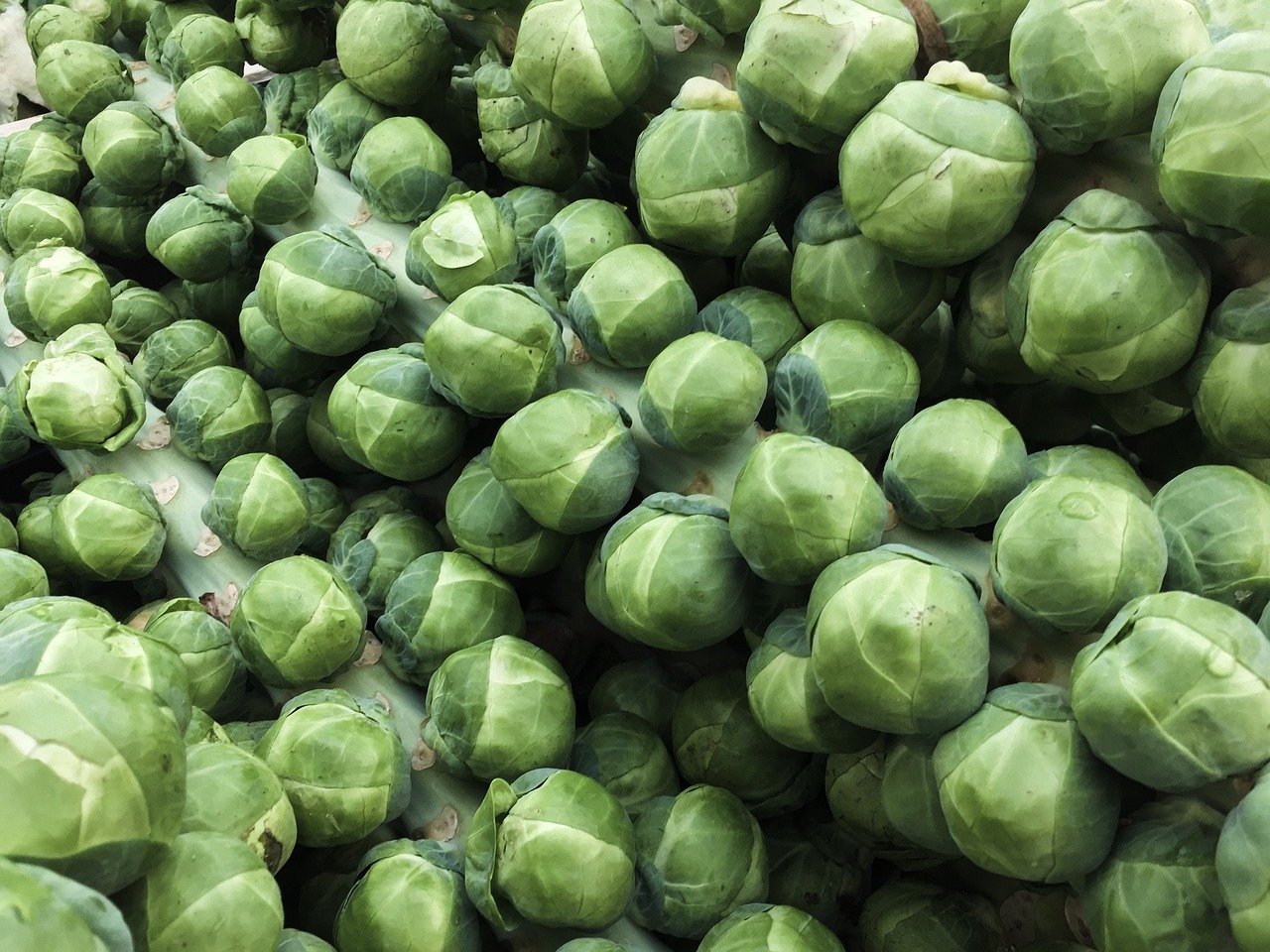
Are you a supertaster? A supertaster is someone that is particularly susceptible to bitter flavors. Think arugula, brussels sprouts, or a hoppy IPA. They're often considered picky eaters but it's not really their fault. They just have more or stronger tastebuds. You'll want a cookbook that doesn't overdo it on the foods you don't enjoy. Or, it at least gives some alternatives.
Do you like it spicy or not? If you don't like heat, most recipes will give you an option for reducing it in a recipe. If there is no mention of whether or not recipes are spicy but they clearly contain spicy ingredients like fresh hot peppers, dried hot peppers like cayenne or red pepper flakes, or hot sauces like sriracha, then that book might not be for you.
Think about what spices you enjoy. Are you open to trying new flavor combinations or do you want to work with what you already have in your pantry? And are you cooking for children?
Dietary restrictions
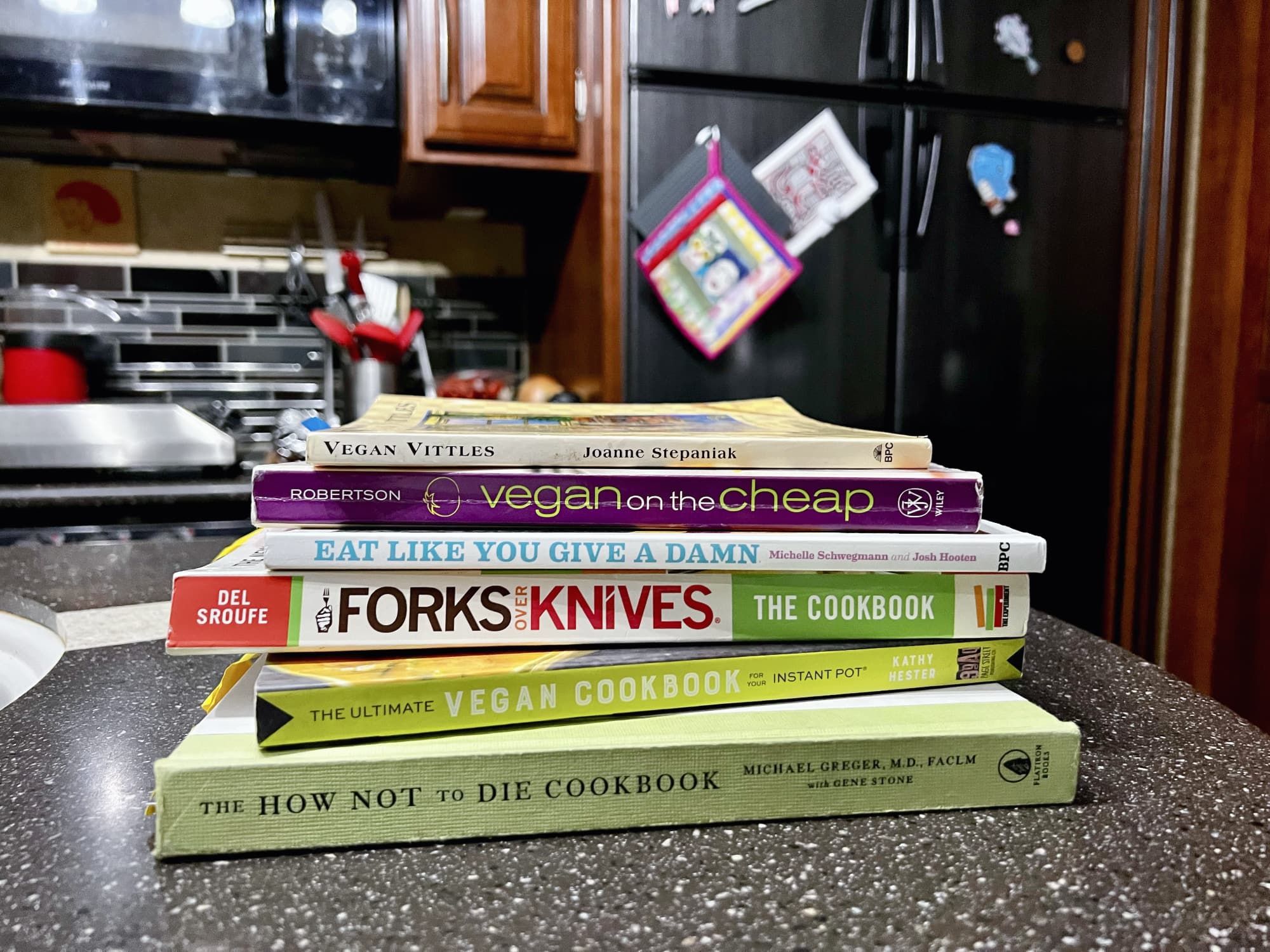
Beyond what you do and don't like it's important to think about your needs and goals when choosing cookbooks.
For instance, if you're trying to lose weight, cookbooks that go heavy on oils and other fatty ingredients might not be for you. Remember, just because it's vegan doesn't mean it's healthy. Cookbooks geared towards weight loss will often give you basic nutritional information for each recipe. Those that do make it easier to see if the recipes meet your needs.
Are you gluten-free? Flip through the cookbook and look for recipes that you can't easily substitute for the ingredients. An example is vital wheat gluten.
Do you have nut allergies? Many vegan cookbooks rely heavily on peanuts, almonds or cashews as ingredients. If you aren't comfortable making substitutions or the book doesn't offer options for you, it might be a pass.
A few of my favorite cookbooks
How is your kitchen outfitted?
Pantry
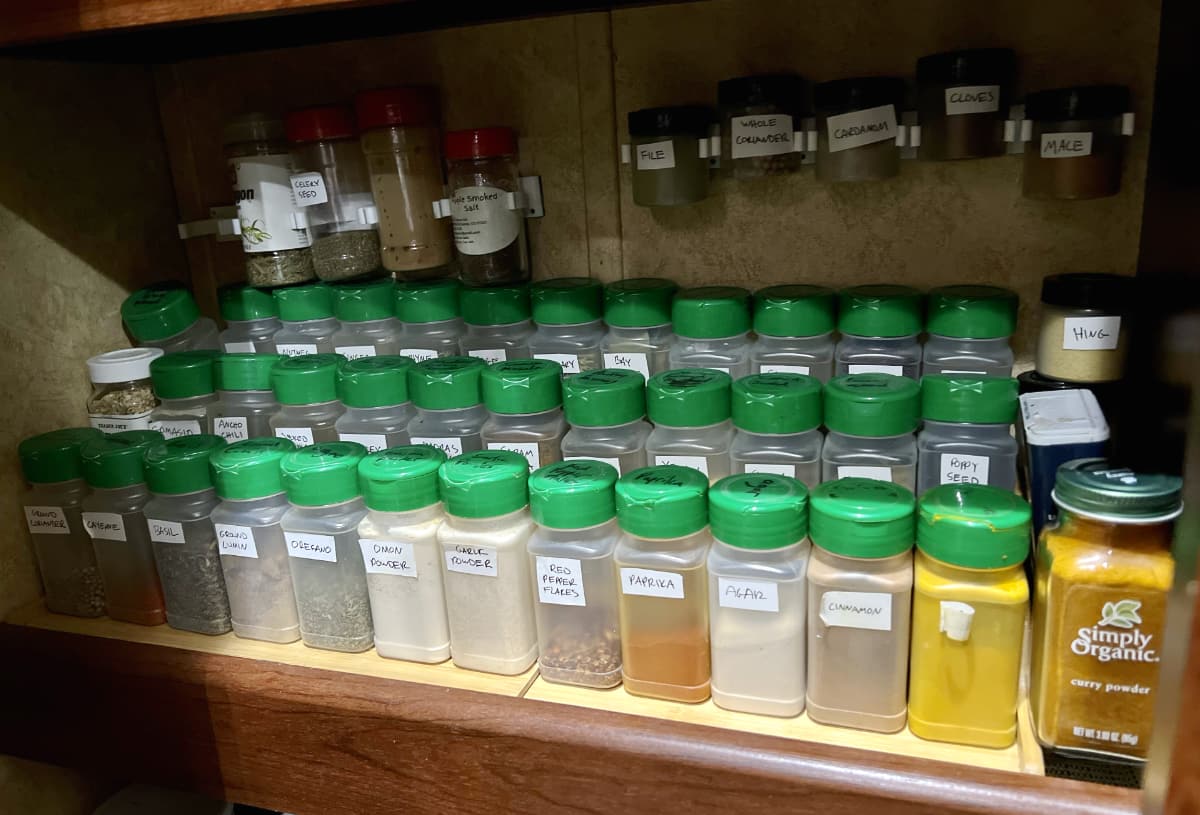
If you think I have a lot of spices in my pantry now, you should've seen my collection when I had a house! But I know not everyone is like this. Consider how many and what kinds of pantry staples you keep around. If every recipe in a cookbook you're considering has different spices that you don't have, it might not be for you. Or, maybe it's time for you to expand your horizons. Only you know which way to go.
Storage
Do you have a tiny refrigerator? Then you might not want a cookbook that relies 100% on fresh produce unless you shop more than once a week. Do the recipes frequently call for a small amount of an ingredient that you don't use often so you're stuck storing a big container of it? These are some things to consider when evaluating recipes.
Equipment
If a recipe calls for four different pots on the stove at once, then I'm in trouble. I don't have four pots or four burners. The one piece of equipment I see mentioned most often in plant-based cookbooks is a high-speed blender. I don't have one. Now, I know how to make do for most recipes but not everyone does. Glance through the equipment requirements for the recipes to see if there's anything you are missing.
How to try before you buy
Cookbooks aren't cheap especially hardbacks. But there are a few different ways for you to evaluate a cookbook before you buy it. Since I don't have much space for books, I try to only get cookbooks I'm really going to use. Here's how I go about evaluating them.
Bookstore
While traveling, Kevin and I would periodically stop into big box bookstores to browse. It's a great way to see what's new and because I'm only interested in vegan cookbooks, there aren't that many to go through. And if you find one that's perfect, you can get it right away.
Library
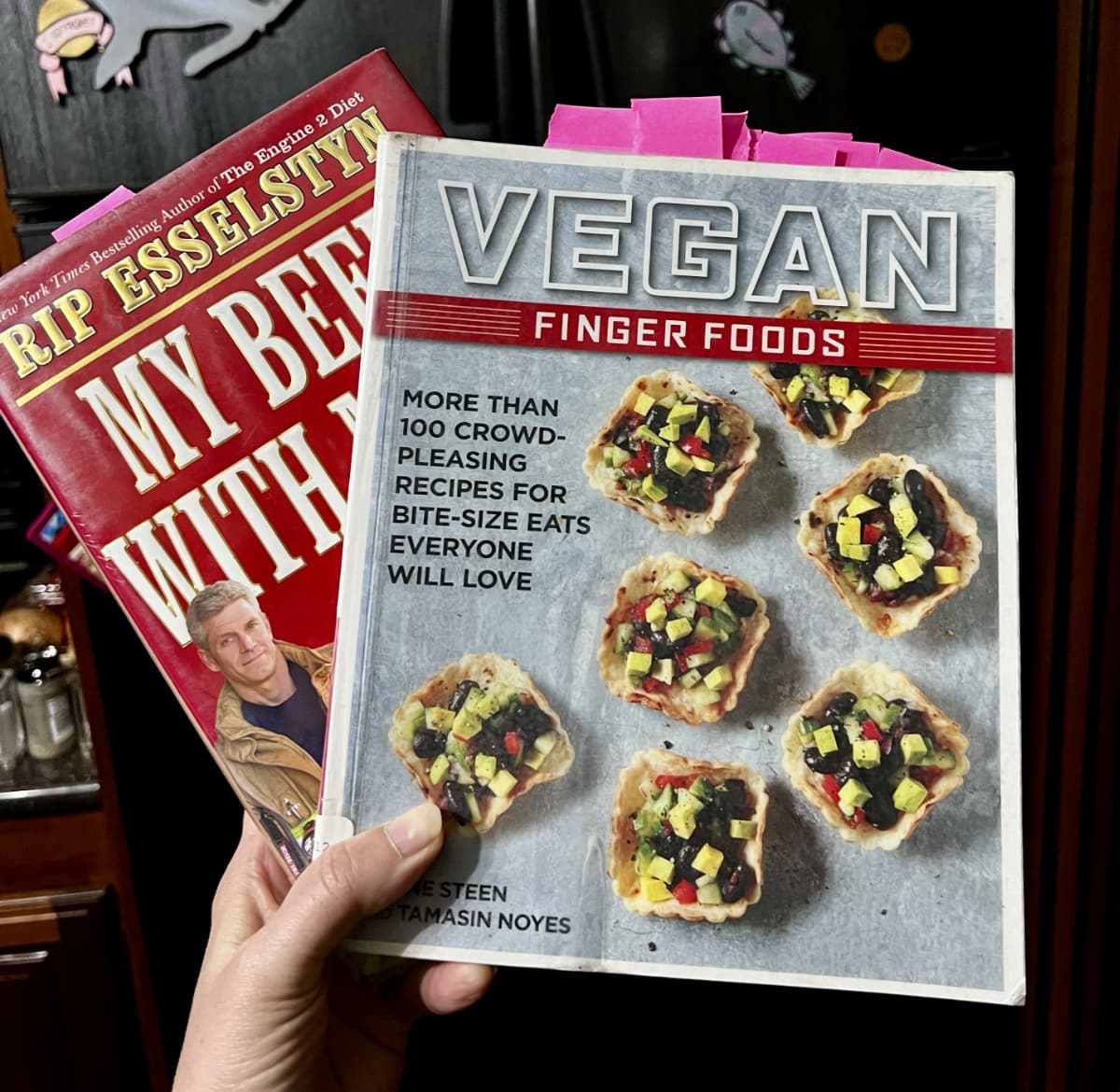
If you are in one place, your local public library is a wonderful resource. There's no substitute for being able to take a book home and evaluate it at your leisure. I've been doing this here in Durango.
Once you've exhausted your library's supply of cookbooks, you can request interlibrary loans of books they don't have. If you have an e-reader, you can also check out ebooks. I don't like to cook from ebooks but they're perfect for evaluating a new cookbook.
Amazon "look inside"
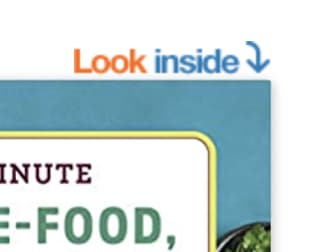
Amazon's "look inside" feature allows you to preview some of a book. Honestly I find this to be hit or miss. They will usually show you the table of contents and/or the index. But sometimes the preview doesn't even contain any recipes. So it's really hard to tell if you're going to enjoy the book.
Author's website
If Amazon has failed you, search for the author's website. Many cookbook authors get their start with recipe blogs or at least have a few sample recipes posted for people to try. I do this all the time when I run across an author I'm unfamiliar with.
If you're in the market for a new cookbook, I hope this post helps you to make the best possible choice for your lifestyle. If you have any additional tips, please leave a comment and share!
